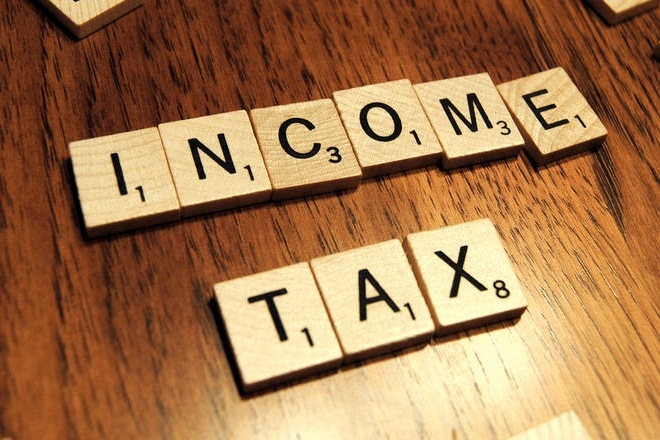In the 70s, tax rates were as high as 97.5%; there were the income tax, the wealth tax, the gift tax and state duties, recalled Ahmedabad-based tax advocate Mukesh Patel who is now a member of the task force formed by the Narendra Modi government to revamp the more-than-50-year-old Income Tax Law, 1961. “That’s when all the money flew abroad, to the Swiss account,” said Mukesh Patel, hinting that in future there is a possibility of lower tax rates to increase compliance.
“We are hoping to simplify the income tax filing, with minimum provisions and in the process bring down the rates also, but it may take a while,” Mukesh Patel told FE Online in an interview. “Since 70s, tax rates have come down considerably to 50% in 1995, finally to 30% in the late 90s. After that, tax collections have gone up,” he added.
Last week, the Finance Ministry announced the formation of the ‘task force’ to draft a new Direct Tax law to meet the present economic needs of the country, an attempt made by Congress’ P Chidambaram in 2009 through the Direct Taxes Code (DTC). The task force has been given six months to submit its report to the government. The task force will be redrafting the Income Tax Law keeping the mind three things: Direct Tax system prevalent in other countries, the best international practice of the Direct Tax, and the economic needs of the country.
“In the UK and the US, people have never been to Income Tax offices. Whenever issues arise, it is dealt over mail. There is no personal interface between citizens and I-T officials. In India, people are required to visit the office. The idea is to reduce personal contact or interface between common man and officials, to make the process hassle-free,” Mukesh Patel said.
Recently, Narendra Modi had also asked I-T officials to switch to electronic interface to bring down complaints of harassment and favouritism.
“Considering the terms of reference, as the Prime Minister Narendra Modi said that the law was 50-year-old and suffered a large number of amendments, we have to look at the law from two points: international best practices and tax system in other countries.” Mukesh Patel said.
“But we cannot forget that what is good cannot be copied blindly. It should harmonise with the economic needs of the country,” he added.
Earlier, Congress’ DTC bill proposed simpler tax code, abolition of unnecessary exemptions and created space for lower tax rates. However, the bill lapsed with the dissolution of the 15th Lok Sabha in 2014. The NDA government, since coming to power in 2014, has already implemented general anti-avoidance rules GAAR. In 2016 Finance Minister Arun Jaitley also promised to lower corporate tax rate to 25% in 5 years. Currently, income up to Rs 2.5 lakh per annum is exempt from tax for individuals.

